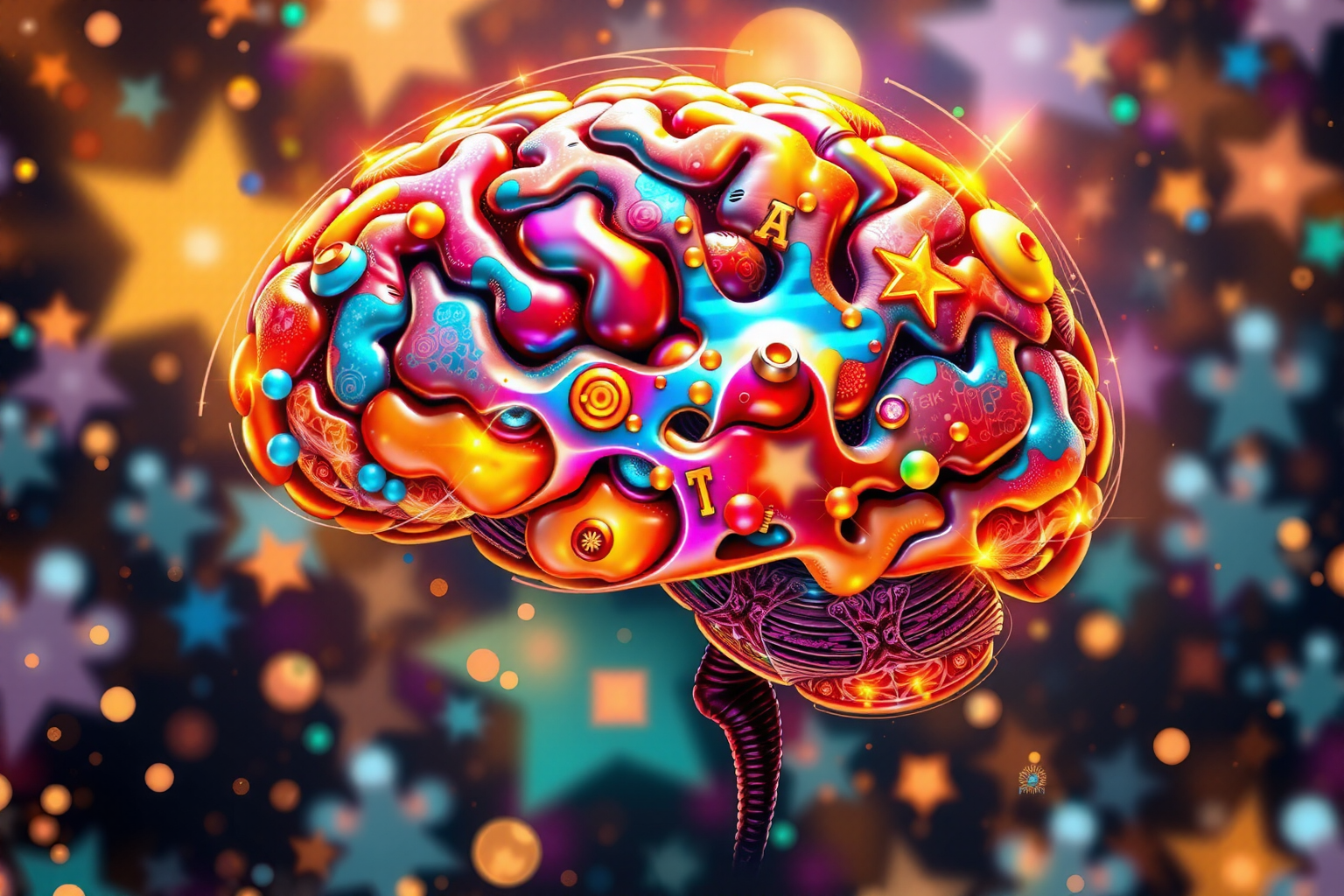Introducing the transformative practice of meditation and mindfulness, which can help bring moments of tranquility into our fast-paced lives. Discover the powerful mental, physical, and cognitive benefits of these techniques, and learn practical tips for incorporating them into your daily routine. Unlock a sense of inner peace and well-being with the power of meditation and mindfulness.
Understanding
Meditation and mindfulness are practices that aim to provide individuals with tools to find inner peace, balance, and a deeper connection with themselves. Meditation is the practice of focusing the mind and eliminating distractions to achieve a mentally clear and emotionally calm state. It often involves specific techniques such as focusing on the breath, repeating a mantra, or visualizing a peaceful image. On the other hand, mindfulness is the practice of being present and fully engaged in the current moment, being aware of one’s thoughts, feelings, and bodily sensations without judgment. Together, these practices have gained significant popularity as effective means of achieving mental, emotional, and physical well-being.
In a fast-paced world filled with stress and constant distractions, the significance of meditation and mindfulness has become increasingly evident. By incorporating these practices into daily routines, individuals can create a space for themselves to cultivate a sense of calm, enhance their emotional and mental resilience, and improve overall well-being. Whether seeking a moment of tranquility in the midst of a busy day or looking to address deeper-seated emotional challenges, the power of meditation and mindfulness offers a path to personal growth and inner harmony.
Embracing the teachings of meditation and mindfulness allows individuals to embark on a transformative journey towards self-awareness, emotional balance, and a profound sense of peace. This journey is enriched by a deep understanding of one’s thoughts and emotions, the cultivation of compassion and empathy, and the ability to navigate the ebb and flow of life with grace and resilience. Through the practice of meditation and mindfulness, individuals can tap into their innate capacity for joy, contentment, and a deep connection with the present moment, ultimately paving the way for a more fulfilling and harmonious life.
Mental Health
The practice of meditation and mindfulness is highly regarded for its positive impact on mental health. Regular engagement in these practices has been shown to reduce symptoms of anxiety and depression. By fostering a nonjudgmental awareness of the present moment, individuals can break free from negative thought patterns and develop a more balanced and positive perspective. Cultivating a practice of mindfulness and meditation can lead to a greater sense of self-awareness, emotional regulation, and resilience, providing individuals with valuable tools to manage mental and emotional challenges effectively.
Scientific research has demonstrated the efficacy of mindfulness-based interventions in reducing stress, anxiety, and depression. By encouraging individuals to observe their thoughts and emotions without attachment or judgment, these practices can help in breaking the cycle of negative thinking and emotional distress. Additionally, the regular practice of meditation has been linked to increased levels of positive emotions, improved self-esteem, and enhanced overall psychological well-being. This contributes to a greater sense of mental and emotional balance, which is essential for navigating the challenges of everyday life.
Physical Health
In addition to its profound impact on mental well-being, meditation and mindfulness also offer a wide range of physical health benefits. Research has indicated that regular practice of these techniques can lead to lower blood pressure, a strengthened immune system, and improved sleep quality. The relaxation response induced by meditation and mindfulness plays a pivotal role in reducing the body’s stress response, thereby promoting overall physical well-being and vitality.
Furthermore, mindfulness practices have been shown to alter the perception of pain, making it more manageable and less distressing. By changing the way individuals relate to pain, these practices can significantly improve the quality of life for those dealing with chronic pain conditions. The promotion of relaxation and the reduction of stress through meditation and mindfulness also contribute to a greater sense of physical well-being, providing individuals with the mental and emotional capacity to address health challenges with resilience and positivity.
Cognitive Enhancements
Incorporating mindfulness into daily life can lead to a multitude of cognitive enhancements that contribute to greater overall productivity and well-being. Regular meditation and mindfulness practices have been shown to improve concentration, attention, and memory. By training the mind to focus on the present moment, individuals can enhance their cognitive functions and increase their capacity for learning and retention of information. Additionally, the cultivation of present-moment awareness through mindfulness supports better decision-making and problem-solving abilities, ultimately leading to more effective and informed choices in all aspects of life.
By quieting the constant chatter of the mind and cultivating a state of centeredness and clarity, individuals can experience a notable improvement in their cognitive abilities. This heightened focus and mental acuity not only benefit professional endeavors but also contribute to more fulfilling and meaningful engagement in personal pursuits and relationships. As such, the integration of mindfulness and meditation into daily routines can lead to a more enriched and cognitively vibrant approach to life.
Practical Tips for Incorporating
Incorporating mindfulness and meditation into daily life does not require extensive time commitments and can be seamlessly integrated into various aspects of one’s routine. Simple practices, such as dedicating a few minutes each day to focused breathing, engaging in a body scan to notice areas of tension, or practicing mindful eating, can yield significant benefits. These small yet impactful changes allow individuals to infuse mindfulness into their daily activities, fostering a more profound connection with the present moment and a greater sense of inner peace.
Adapting to a more mindful approach to life also involves being patient and compassionate with oneself throughout the process. It is essential to recognize that developing a consistent mindfulness practice is a journey that unfolds over time. By approaching this journey with an open heart and a spirit of curiosity, individuals can gradually deepen their connection with the present moment and experience the profound effects of mindfulness and meditation on their overall well-being.
Focus on the Present Moment
One of the fundamental principles of mindfulness and meditation is the emphasis on focusing on the present moment. By anchoring oneself in the here and now, individuals can cultivate a greater sense of awareness and presence, free from the distractions of past regrets or future anxieties. This practice not only fosters a deeper appreciation for the beauty and richness of each moment but also provides a solid foundation for building emotional resilience and inner calm.
By redirecting the focus to the sensory experiences and the thoughts and emotions arising in the present moment, individuals can unravel the layers of mental clutter and experience a profound sense of clarity and stillness. This heightened presence in the here and now not only fosters a greater sense of joy and contentment but also empowers individuals to respond to life’s challenges with greater clarity and equanimity, ultimately nurturing a more profound connection with oneself and the world.
Reduce Stress and Anxiety
Amid the myriad demands and pressures of modern life, the practice of meditation and mindfulness serves as a beacon of hope for reducing stress and anxiety. Through the regular practice of these techniques, individuals can effectively manage and alleviate the impact of stress and anxiety on their well-being. By turning their attention inward and cultivating a gentle and nonjudgmental awareness of their thoughts and emotions, individuals can diffuse the hold of stress and anxiety, creating space for a more profound sense of calm and inner peace.
Furthermore, the integrative approach of mindfulness and meditation equips individuals with valuable tools to navigate moments of acute stress and anxiety with composure and resilience. By learning to observe and accept the present moment as it is, without attachment or aversion, individuals can break free from the cycle of rumination and worry, thereby fostering a greater sense of emotional well-being and stability. This not only promotes personal well-being but also contributes to more meaningful and harmonious interactions with others and the world at large.
Improve Sleep and Relaxation
One of the most significant gifts of meditation and mindfulness is their profound impact on sleep quality and relaxation. Regular practice of these techniques has been shown to improve sleep patterns, reduce insomnia, and promote a deeper and more restorative sleep. By quieting the restless mind and cultivating a sense of calm and tranquility, individuals can create the optimal conditions for a peaceful and rejuvenating sleep, laying the foundation for a more vibrant and balanced life.
Moreover, the relaxation response induced by meditation and mindfulness extends beyond the realm of sleep, providing individuals with the tools to manage and reduce stress throughout the day. By incorporating short moments of mindfulness and meditation into their daily routines, individuals can effectively counteract the build-up of tension and fatigue, experience greater psychological resilience, and embrace each day with a renewed sense of vitality and well-being.
Enhance Concentration and Memory
The cultivation of concentrated and mindful attention through the practice of meditation and mindfulness has a profound impact on enhancing concentration and memory. By training the mind to focus on a single point of awareness or a specific object, individuals can significantly improve their ability to concentrate and retain information. This heightened state of mental clarity and attentiveness not only contributes to increased productivity and learning but also enriches the quality of personal and professional pursuits, fostering a more engaged and fulfilling approach to life.
Furthermore, the regular practice of mindfulness and meditation serves as a powerful antidote to the distractions and mental fatigue of modern life, empowering individuals to engage with the present moment and its experiences with greater acuity and retention. This leads to the development of a sharper and more agile mind, capable of adapting to the ever-changing landscape of information and experiences, and capable of forming deeper and more meaningful connections with the world and those they engage with.
Understanding Meditation and Mindfulness
Meditation and mindfulness are not simply passive practices but dynamic tools for personal growth, emotional well-being, and profound self-discovery. By understanding the core principles of these practices, individuals can unlock their transformative potential and embark on a journey towards inner peace, resilience, and a more enriched existence. The integration of meditation and mindfulness into daily life offers a pathway to greater self-awareness, emotional balance, and the cultivation of a deep and enduring sense of well-being.
Embracing the teachings and techniques of meditation and mindfulness allows individuals to navigate the complexities of the human experience with grace and serenity, fostering a more profound connection with the self and the world. The journey of meditation and mindfulness is one of continual refinement, growth, and self-discovery, offering individuals the opportunity to unlock their innate capacity for joy, contentment, and lasting inner peace.
Mental Health Benefits
The mental health benefits of meditation and mindfulness are profound and far-reaching. By engaging in regular practice, individuals can experience a reduction in symptoms of anxiety, depression, and stress, leading to a greater sense of emotional balance and resilience. Additionally, the cultivation of present-moment awareness and nonjudgmental acceptance through these practices offers individuals valuable tools to manage and transcend the challenges of everyday life, ultimately leading to a more fulfilling and harmonious existence.
Furthermore, the regular practice of mindfulness and meditation has been shown to improve overall psychological well-being, enhance self-esteem, and foster a more positive and balanced perspective on life. These mental health benefits not only contribute to individual well-being but also have a ripple effect on interpersonal relationships and the ability to engage with the world with compassion, empathy, and a greater sense of interconnectedness.
Physical Health Benefits
Beyond the realm of mental well-being, meditation and mindfulness offer an array of tangible physical health benefits. From reduced blood pressure and enhanced immune function to improved sleep quality and pain management, the impact of these practices on physical health is profound and well-documented. By promoting relaxation and reducing the body’s stress response, individuals can experience a greater sense of physical vitality and resilience, laying the foundation for a more balanced and harmonious approach to life.
Moreover, the cultivation of present-moment awareness and nonjudgmental acceptance through meditation and mindfulness plays a pivotal role in fostering a greater sense of connection with the body and its needs. This heightened connection leads to improved self-care, a more attuned approach to physical well-being, and a greater appreciation for the intricate interplay between the mind and body in the pursuit of holistic health and vitality.
Conclusion
In today’s hectic world, finding moments of tranquility is crucial for our mental and physical well-being. Meditation and mindfulness are powerful tools that can help us cultivate inner peace and improve our overall health. By understanding their benefits and incorporating them into our daily lives, we can reap the rewards of reduced stress and anxiety, enhanced cognitive functions, and better overall well-being. So take a few minutes each day to focus on the present moment and embrace these practices to unlock inner peace in your life.



